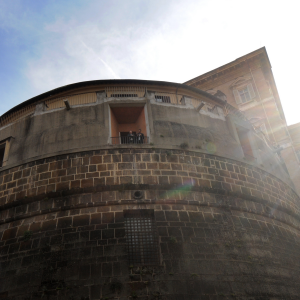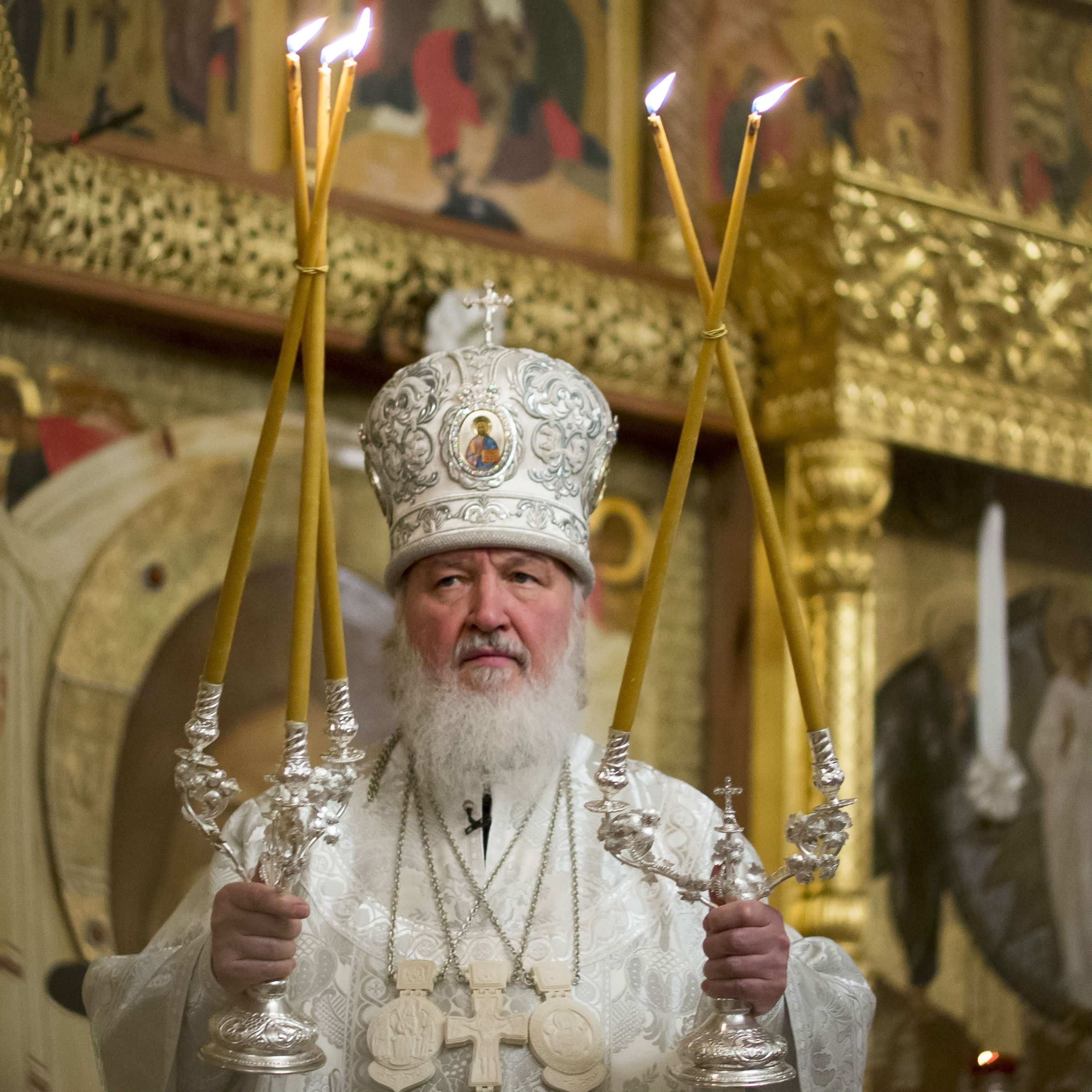An international group of Orthodox scholars has written an open letter to all Orthodox Christians urging that the historic Pan-Orthodox Council due to take place in Kolymbari, Crete, from 18 until 26 June should not be postponed. The letter is clearly aimed specifically at the leaders of the 14 main Orthodox Churches, whose disputes among themselves could still derail the Council.
Attempts have been made since 1901 to bring the Churches together to discuss unity, but they have never come to fruition. This month’s Council was confirmed by Orthodox leaders in January, but since then different Churches have objected to drafts of conciliar documents as well as to more practical issues including such matters as seating plans. Some have threatened to boycott the event altogether, which would destroy its ultimate aim of speaking with one Orthodox voice.
Differences between the biggest Church, the Russian Orthodox, and the nominal Orthodox leader, Ecumenical Patriarch Bartholmew I, who has responsibility for organising the Council, are a major challenge to harmony, but the Greek, Georgian, Bulgarian and other Churches have all voiced dissatisfaction with the Council texts. One of the most contentious issues is the readiness of some Churches to recognise Protestant and Catholic denominations as Churches, while others find this unacceptable.
Writing in the name of Pan-Orthodox unity, the scholars insist that there are no insurmountable difficulties facing the opening of the Council this month. They acknowledge that there are legitimate concerns over some of the texts, but remind recalcitrant leaders that “the best venue for settling significant disputes today, as in the times of old, is the Council itself”.
“To postpone the Council once again,” they tell participants, “is to fail to live up to the principle of conciliarity on a global level.”
The blame for such an outcome would be laid at the door of a small minority whose motives are highly questionable, they imply. “A small minority that wishes to jeopardise the work of the Council by further delays should not intimidate the overwhelming majority of the Orthodox leaders that wish to carry out the commitment to have the Council on this year’s Feast of Pentecost,” they insist.
What the “Holy and Great Council” offers is an opportunity to open a “new phase” of Orthodox witness to the world. The implication is that if anyone succeeds in derailing the Council, they would be guilty of a betrayal of monumental proportions.
The signatories so far are Revd Dr Nicholas Denysenko, Loyola Marymount University (Orthodox Church in America); Dr. Paul L. Gavrilyuk, University of St Thomas (Orthodox Church in America); Dr Brandon Gallaher, University of Exeter (Ecumenical Patriarchate); Dr Smilen Markov, Sofia University (Bulgarian Orthodox Church) and Dr Gayle Woloschak, Northwestern University (Ecumenical Patriarchate).
Open Letter of Orthodox Scholars around the World to the Holy and Great Council of Crete
We, the undersigned international group of Orthodox scholars, address this letter to the leadership of the Orthodox Church, to all Orthodox Christians around the world, and to all people of good will. We write out of profound concern for our Church, whose unity makes the new life in Christ visible to all mankind. We pray that the impending Council, so much anticipated and so long prepared, will bear forth the fruits of the Spirit, the first among them being the Pan-Orthodox unity. Hence, we support the agreement of the Orthodox leaders, publicly announced at the Pan-Orthodox Synaxis in January 2016, to gather together for the Holy and Great Council in Crete in mid-June 2016.
We believe that there are no insurmountable difficulties to beginning the Council in June, despite the significant questions that havebeen raised regarding the drafts of the conciliar documents and conciliar proceedings. We acknowledge the legitimacy of some questions, such as the request to reopen the discussion of the drafts of the conciliar documents. We also concur that there are many other issues dealing with the Church in the twenty-first century that would require future Pan-Orthodox attention. Nevertheless, we are convinced that the best venue for settling significant disputes today, as in the times of old, is the Council itself. To postpone the Council once again, is to fail to live up to the principle of conciliarity on a global level.
Nobody can expect the Council to settle all important questions and to heal all jurisdictional disputes in ten days. But we hope that this Council will be a beginning of the healing process and that it will usher in a new era of global conciliarity and unity. A small minority that wishes to jeopardize the work of the Council by further delays should not intimidate the overwhelming majority of the Orthodox leadersthat wish to carry out the commitment to have the Council on this year’s Feast of Pentecost. In the last century, the Orthodox Church has witnessed to the world through a rich theological legacy and the blood of new martyrs. The Holy and Great Council occasions an opportunity to commence a new phase of Orthodox witness. As the eyes of the whole world are upon the Orthodox Church, we beseech all of our leaders to hear the Spirit’s call to conciliar unity.
Signed so far:
Rev Dn. Dr. Nicholas Denysenko, Loyola Marymount University (Orthodox Church in America)
Dr Paul L. Gavrilyuk, University of St. Thomas (Orthodox Church in America)
Dr Brandon Gallaher, University of Exeter (Ecumenical Patriarchate)
Dr Smilen Markov, Sofia University (Bulgarian Orthodox Church)
Dr Gayle Woloschak, Northwestern University (Ecumenical Patriarchate)




 Loading ...
Loading ...